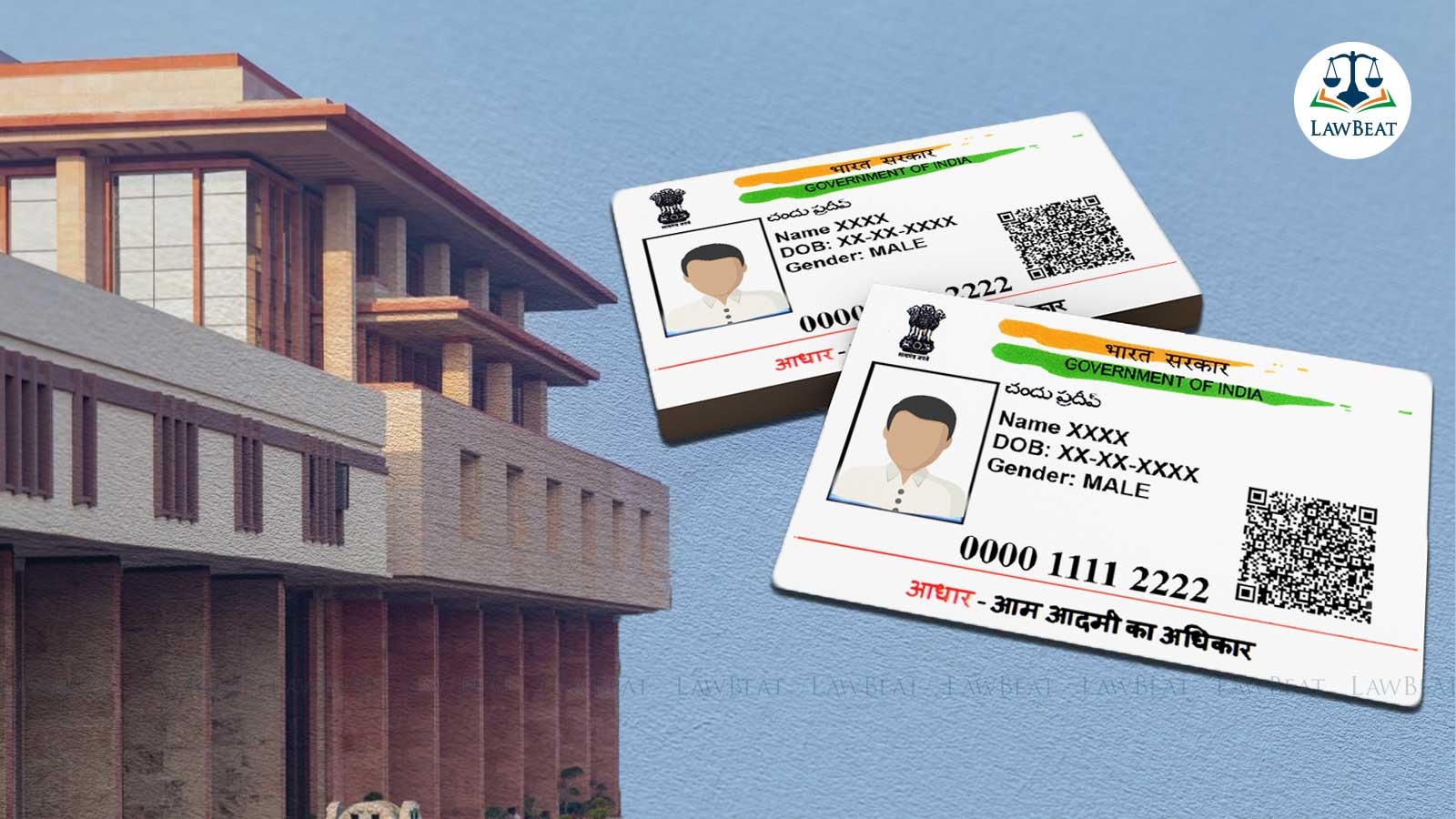UIDAI Can Be Directed To Disclose Adhaar Data Of An Individual In Exceptional Circumstances: Delhi HC

A daughter sought the court's intervention for the production of her mother, who had been missing since May 15, 2019. Initially, the daughter approached the police; however, as per a status report dated July 30, 2024, no trace of her mother had been found until it was discovered that her mother's Aadhaar details had been updated.
The Delhi High Court, recently, held that given the urgency and to safeguard an individual's safety and security, UIDAI could be directed to disclose data in a sealed cover without a prior hearing in exceptional cases like this. In habeas corpus cases, urgency was paramount as the missing person could be in danger, necessitating immediate action.
The bench of Justice Prathiba M. Singh and Justice Amit Sharma held, “In a habeas corpus, there is a sense of urgency, with which the Court has to act as the missing person could be in danger. Under such circumstances, the UIDAI can be directed to provide the data forthwith”.
A writ petition was filed, through Advocate Dinesh Malik, by a daughter seeking directions against the State to produce her mother who has been missing since May 15, 2019. The Court, in its previous orders, had instructed the relevant officials of UIDAI to appear and submit a status report regarding any information on the mother, including details related to her Aadhaar Card such as her address.
Standing Counsel Sanjay Lao, representing UIDAI, presented a sealed envelope with the available contact details of the missing mother excluding biometric data.
The court observed the data and noted that the mother initially provided her address as Srinivas Puri, New Delhi. Subsequently, the address was updated to Rudauli, Faizabad, Uttar Pradesh, and most recently, to Ward No. 2, Harijan Basti, Hansari, Jhansi, Uttar Pradesh. The latest mobile number was also mentioned.
However, the UIDAI officials, emphasized that Aadhaar data must be strictly secured and cannot be disclosed without the individual's consent, as stipulated in Sections 28 and 33 of the Aadhaar (Targeted Delivery of Financial and Other Subsidies, Benefits and Services) Act, 2016.
The court reviewed section 28 with section 33 of the Aadhaar Act, 2016, noting that information disclosure was permissible following a High Court order. The court noted two conditions for such disclosure: firstly, an opportunity for a hearing had to be given to the authority and the Aadhaar number holder, and secondly, core biometric information could not be disclosed.
The court, referred to the case of Justice K.S. Puttuswamy (Retd.) & Anr. v. Union of India, reiterating that data provided to the UIDAI for Aadhaar card creation was private and personal, requiring confidentiality and secrecy. The court further opined that generally the data given for Aadhaar card creation was considered personal and governed by privacy law, but exceptions existed, such as in exceptional circumstances such as this one wherein a daughter sought a writ of habeas corpus for her mother's production.
Accordingly, the court listed the matter for August 20, 2024.
Case Title: Vandana v State (2024:DHC:5609-DB)
